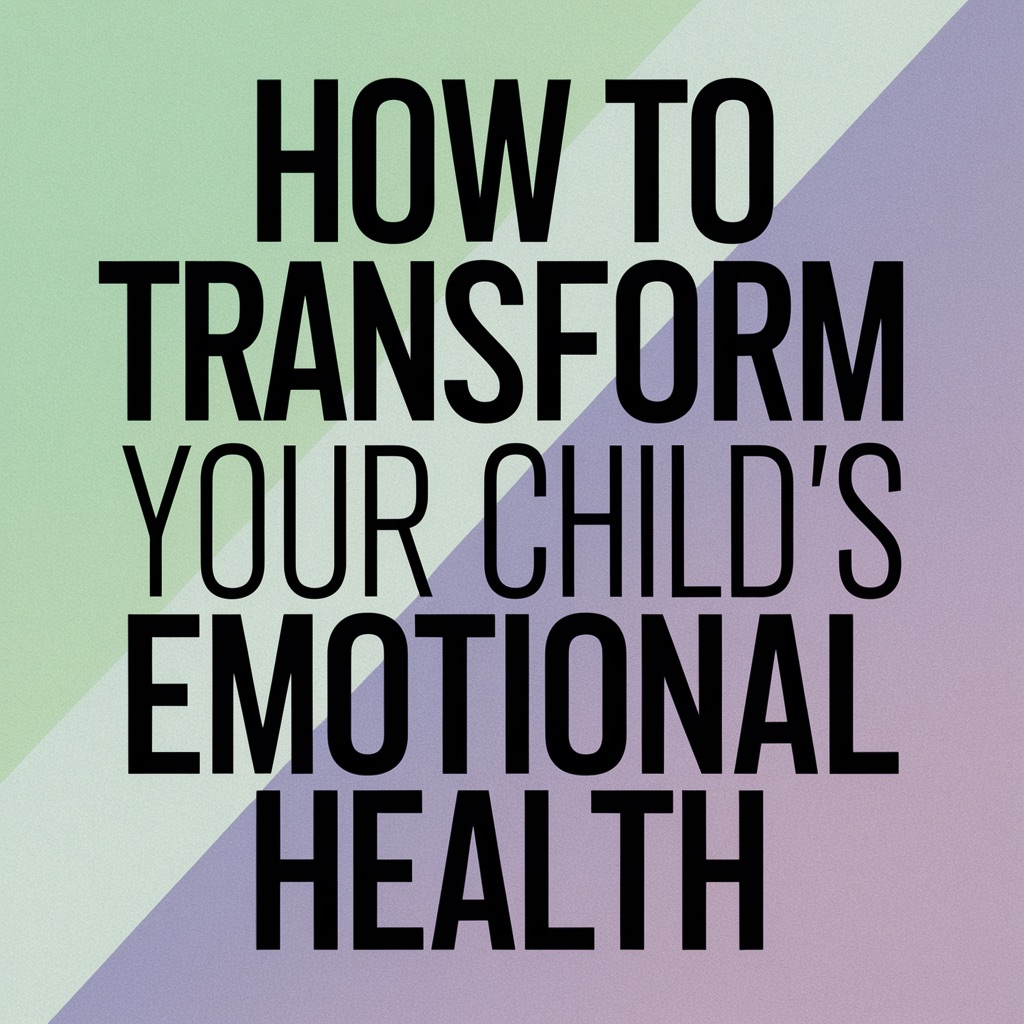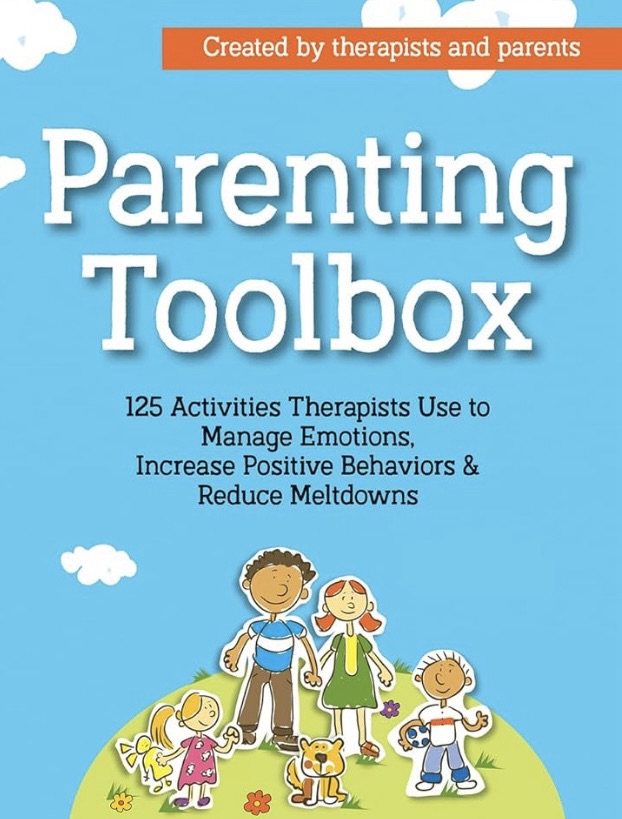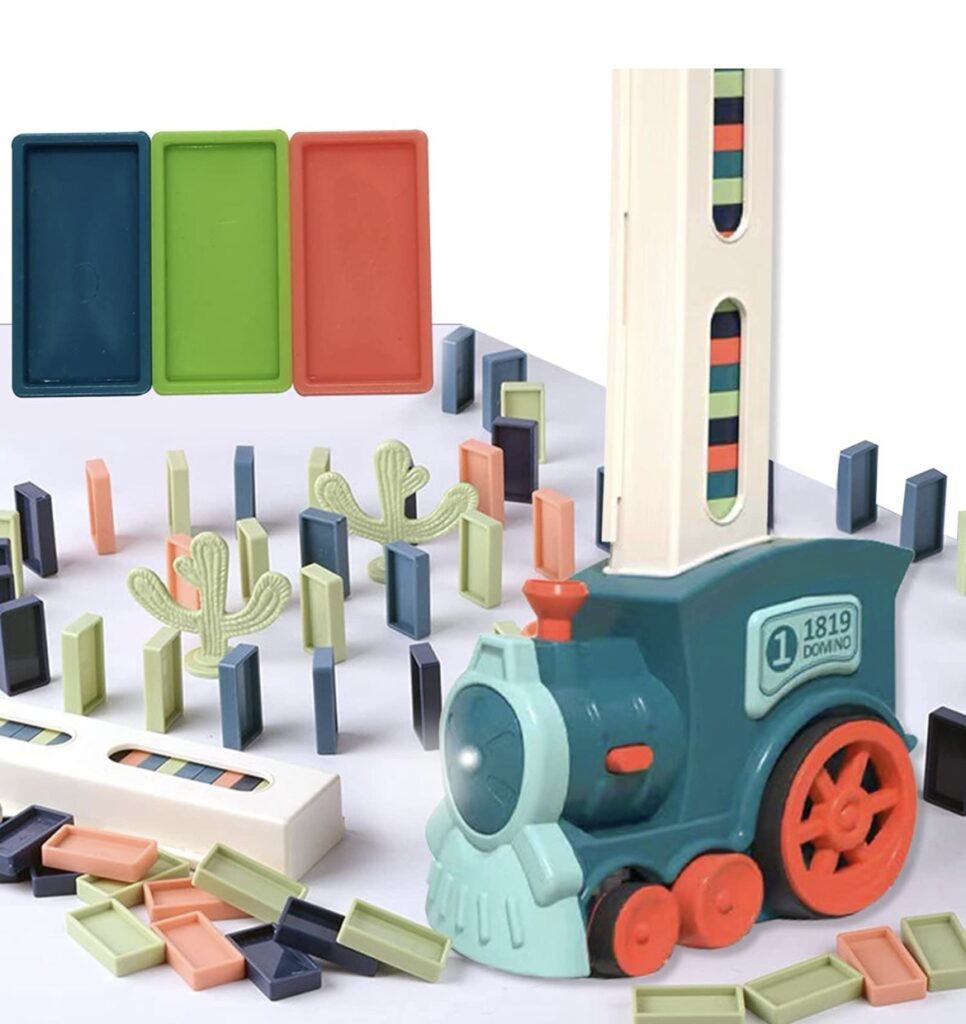
What Is Therapeutic Parenting?
When I first heard about therapeutic parenting, it felt like a revelation. Unlike traditional parenting approaches, which often focus on discipline and setting boundaries, therapeutic parenting is about healing and connection. It’s a method designed to help children who have experienced trauma or emotional challenges by providing them with a nurturing, understanding, and consistent environment.
At its core, therapeutic parenting is about understanding the emotional needs of your child and responding in a way that fosters trust, security, and growth. It’s not just about addressing bad behavior; it’s about recognizing the underlying causes of that behavior and helping your child feel safe enough to express and work through their emotions.
For many parents, myself included, the journey of adopting therapeutic parenting techniques has been transformative. Not only does it help in nurturing emotional health and resilience in children, but it also strengthens the parent-child relationship in profound ways. As we delve into this approach, you’ll discover strategies and insights that can help you support your child’s emotional well-being and overall development.

The Core Principles of Therapeutic Parenting
As I delved deeper into therapeutic parenting, I realized that it’s built on a few key principles that guide every interaction with your child. These principles are the foundation upon which you can create a safe, nurturing environment that fosters emotional healing and growth.
Empathy and Understanding
Empathy is at the heart of therapeutic parenting. It’s about stepping into your child’s shoes and seeing the world from their perspective. When a child acts out, it’s easy to react with frustration or discipline, but therapeutic parenting encourages you to pause and consider why they might be behaving that way. Are they scared, anxious, or feeling insecure? By understanding the emotions driving their behavior, you can respond with compassion rather than anger, helping your child feel understood and supported.
I’ve found that when I approach my child with empathy, it opens the door to more meaningful communication. Instead of simply telling them what they did wrong, I try to understand what they’re feeling and why. This approach doesn’t just address the behavior; it helps my child learn to identify and express their emotions in a healthy way.
Consistency and Boundaries
While therapeutic parenting is centered on empathy, it’s also crucial to maintain consistency and clear boundaries. Children, especially those who have experienced trauma or emotional difficulties, need a stable and predictable environment to feel safe. Setting consistent boundaries provides the structure they need while allowing them to explore their emotions within a secure framework.
For example, if my child knows that certain behaviors have specific consequences, they understand the boundaries of what’s acceptable. This consistency doesn’t mean being rigid or harsh; it means being reliable and clear. Over time, this approach helps build trust, as your child learns that they can rely on you to be fair and consistent, even when they make mistakes.
These core principles—empathy, understanding, consistency, and boundaries—are the pillars of therapeutic parenting. They create a balanced approach that nurtures emotional health while providing the structure and security that children need to thrive.
Therapeutic Parenting Strategies to Support Emotional Health
Once I understood the core principles of therapeutic parenting, I began exploring specific strategies that could support my child’s emotional health. These strategies are designed to help children feel heard, understood, and supported, creating a safe space for them to express their emotions and work through challenges.
Active Listening
One of the most powerful strategies I’ve learned is active listening. This goes beyond just hearing your child’s words; it’s about fully engaging with what they’re saying and responding in a way that makes them feel valued. When my child talks to me, I make a conscious effort to give them my full attention—no distractions, no interruptions. I listen not just to their words, but to their tone, body language, and the emotions behind their words.
Active listening involves reflecting back what your child is saying, validating their feelings, and asking open-ended questions to encourage them to share more. For example, if my child is upset about something that happened at school, I might say, “It sounds like that made you really frustrated. Can you tell me more about what happened?” This shows them that I’m genuinely interested in their experience and that their feelings matter.

Managing Meltdowns
Every child experiences meltdowns, and they can be particularly challenging to handle. Therapeutic parenting approaches these moments with a focus on calming and understanding rather than punishment. I’ve found that staying calm and using soothing techniques can make a huge difference during a meltdown.
One resource that has been incredibly helpful for me is the Parenting Toolbox: 125 Activities Therapists Use to Reduce Meltdowns, Increase Positive Behaviors & Manage Emotions. This book offers a variety of strategies that are designed to help children manage their emotions more effectively. Techniques like deep breathing exercises, sensory activities, and calming routines have all been part of my toolkit in helping my child navigate intense emotions. By using these tools, I’ve been able to create a more peaceful and supportive environment during those tough moments.
Fostering Independence
While it’s important to provide emotional support, therapeutic parenting also encourages fostering independence. This involves giving your child opportunities to make decisions and solve problems on their own, with guidance when necessary. I’ve seen how empowering it can be for my child to feel confident in their ability to handle challenges.
One way I’ve supported my child’s independence is by encouraging them to engage in activities that build life skills in a fun and engaging way. For example, learning numbers or solving puzzles can boost their confidence and independence. A great resource for this is the article on Learning Numbers 1-10 with Fun Visuals and Catchy Songs, which provides creative ways to make learning enjoyable. By integrating such activities, I’m not only helping my child develop important skills but also reinforcing their sense of independence in a nurturing environment.
These therapeutic parenting strategies—active listening, managing meltdowns, and fostering independence—have been transformative in supporting my child’s emotional health. They’ve helped create a home environment where my child feels safe to express their emotions and grow into a more resilient, confident individual.

Building Stronger Family Bonds Through Therapeutic Parenting
Therapeutic parenting isn’t just about addressing individual behavior; it’s also about creating a cohesive, loving environment that strengthens the entire family. I’ve found that when we focus on building stronger family bonds, everyone benefits—children feel more secure, and parents feel more connected to their children’s emotional worlds. Here are a few ways therapeutic parenting can help strengthen those bonds.
Quality Time Together
Spending quality time together is one of the most effective ways to build trust and deepen connections within the family. Therapeutic parenting emphasizes the importance of being fully present during these moments. Whether it’s playing a game, going for a walk, or simply sitting down for a meal together, the key is to engage with your child without distractions.
One activity that’s become a favorite in our household is family game night. We’ve discovered that these sessions are not just fun, but also a great way to reinforce the bonds we share. Recently, we tried something a little different—an escape room designed specifically for kids. It was an incredible experience that challenged us to work together as a team while having a blast. If you’re looking for a unique way to bond with your family, I highly recommend reading Our Family Adventure: Discovering the Joy of Escape Rooms for Kids. It offers insights into how these adventures can bring your family closer together while nurturing problem-solving skills and teamwork.
Encouraging Creativity and Play
Creative play is another essential component of therapeutic parenting. It provides children with an outlet to express their emotions and ideas in a safe, supportive environment. I’ve noticed that when I engage in creative activities with my child, it opens up new avenues for communication and connection.
One of our favorite creative activities involves building and setting up dominoes. Not only is it a fun, hands-on way to spend time together, but it also encourages patience, planning, and a bit of friendly competition. The Domino Train Toy for Kids has been a hit in our house. It’s a toy that combines creativity with play, making it an excellent tool for fostering both imaginative thinking and quality bonding time.
By making time for these activities, therapeutic parenting helps to nurture a positive and supportive family dynamic. Whether it’s through structured games or free-form creative play, these shared experiences strengthen the emotional bonds within the family, providing a solid foundation for your child’s emotional health.

Addressing Challenging Behaviors with Therapeutic Parenting
One of the most challenging aspects of parenting is managing difficult behaviors in a way that is both effective and compassionate. Therapeutic parenting offers strategies that not only address these behaviors but also help children understand and manage their emotions. Through this approach, I’ve learned how to guide my child toward positive behavior while maintaining a nurturing environment.
Positive Reinforcement
Positive reinforcement is a cornerstone of therapeutic parenting. Instead of focusing on punishing negative behaviors, therapeutic parenting encourages us to acknowledge and reward positive behaviors. I’ve found that this approach not only reduces the frequency of challenging behaviors but also helps build my child’s self-esteem.
In practice, positive reinforcement can be as simple as praising your child when they handle a situation well or giving them extra playtime when they complete a task without fuss. Over time, these positive experiences encourage your child to repeat the behaviors that earn them praise. For instance, when my child finishes their homework or helps around the house, I make sure to acknowledge their effort. This not only reinforces the behavior but also strengthens our connection, as my child feels valued and appreciated.
Handling Dietary Challenges
Diet can have a significant impact on a child’s mood and behavior. I’ve noticed that certain foods can exacerbate emotional difficulties or contribute to hyperactivity. This is where therapeutic parenting intersects with mindful eating. Understanding how different foods affect your child’s behavior can be an essential tool in managing challenging behaviors.
One area I’ve explored is how spicy foods impact children. While some kids enjoy spicy foods, others might react differently, with changes in mood or behavior. If you’re curious about the effects of spicy foods on children, I recommend reading Is It Safe for Children to Eat Spicy Food?. This article provides insights that can help you make informed decisions about your child’s diet and its potential effects on their emotional well-being.
By combining positive reinforcement with an awareness of how diet influences behavior, therapeutic parenting provides a comprehensive approach to managing challenging behaviors. These strategies help create an environment where your child can thrive emotionally, learning to regulate their behavior in healthy and constructive ways.

The Long-Term Benefits of Therapeutic Parenting
As I’ve embraced therapeutic parenting, I’ve noticed that its benefits extend far beyond managing day-to-day challenges. This approach fosters long-term emotional resilience and equips children with the tools they need to navigate life’s ups and downs. Here’s how therapeutic parenting can positively influence your child’s future.
Emotional Resilience
One of the most profound long-term benefits of therapeutic parenting is the development of emotional resilience. By consistently providing empathy, understanding, and support, we help our children learn how to cope with their emotions in a healthy way. This resilience doesn’t just help them in childhood; it’s a skill that will serve them well into adulthood.
In my experience, I’ve seen how my child has become more confident in expressing their emotions and handling difficult situations. They’re better equipped to bounce back from setbacks, whether it’s a disagreement with a friend or a challenging situation at school. This resilience is a direct result of the safe, nurturing environment that therapeutic parenting creates. When children feel secure in their relationships with their parents, they’re more likely to develop the inner strength needed to face life’s challenges.
Preparing for Adulthood
Therapeutic parenting also lays the groundwork for healthy adult relationships and effective coping mechanisms. The skills your child learns now—such as how to communicate their feelings, manage stress, and seek support when needed—are essential for their future success and happiness.
As my child grows older, I’ve noticed how these skills are beginning to shape their interactions with others. They’re learning the importance of empathy, not just in receiving it, but in offering it to others as well. This ability to understand and connect with others on an emotional level is a crucial aspect of building strong, supportive relationships as they move into adulthood.
Additionally, the emphasis on independence within therapeutic parenting prepares children to make thoughtful decisions and solve problems on their own. Whether it’s handling a difficult situation at school or making choices about their future, the confidence and skills they’ve gained through therapeutic parenting provide a strong foundation for adulthood.
By investing in therapeutic parenting now, you’re not just helping your child through their current challenges—you’re equipping them with the emotional tools and resilience they’ll need for the rest of their lives. It’s a long-term commitment with benefits that last well beyond childhood.

As an Amazon Associate we earn from qualifying purchases through some links in our articles.



